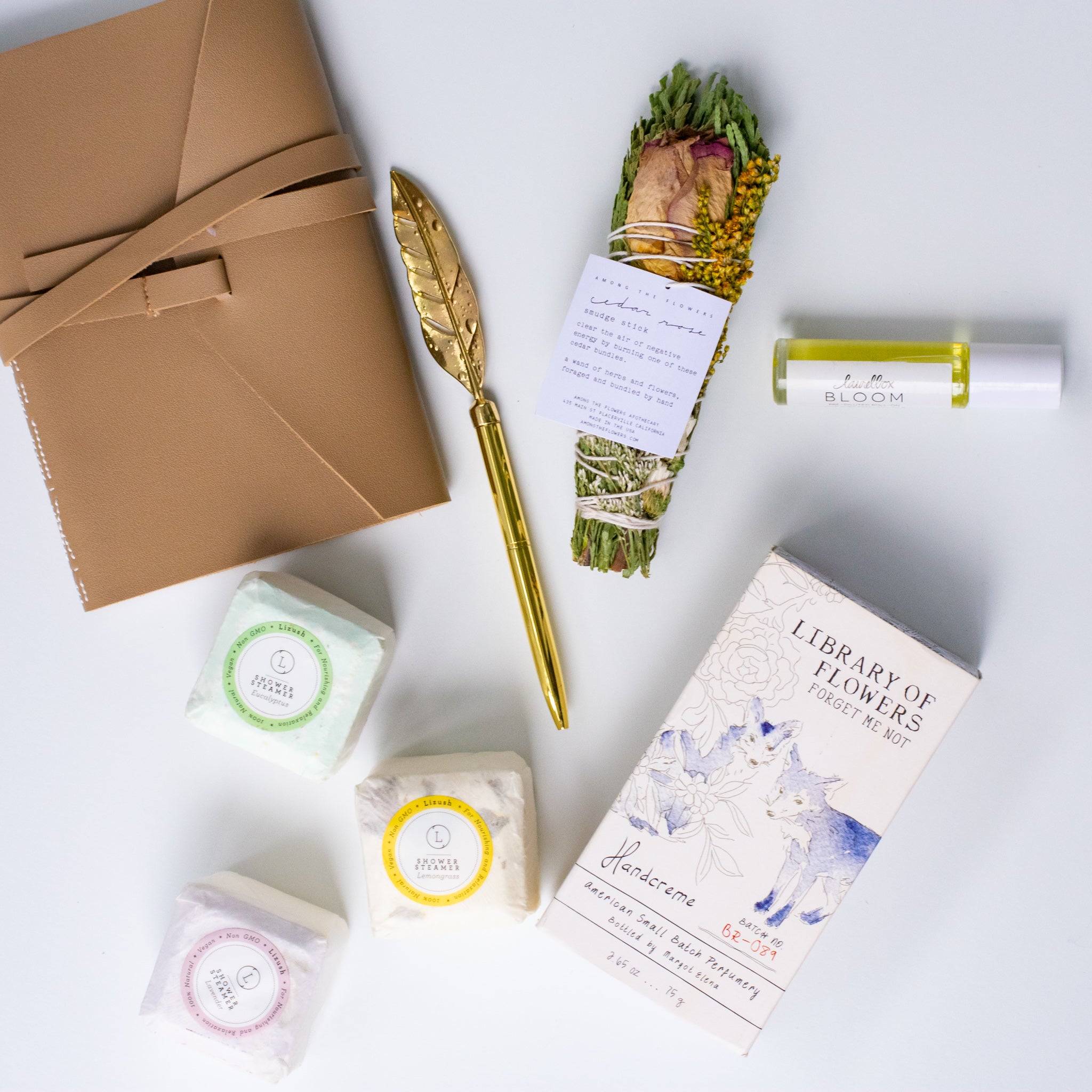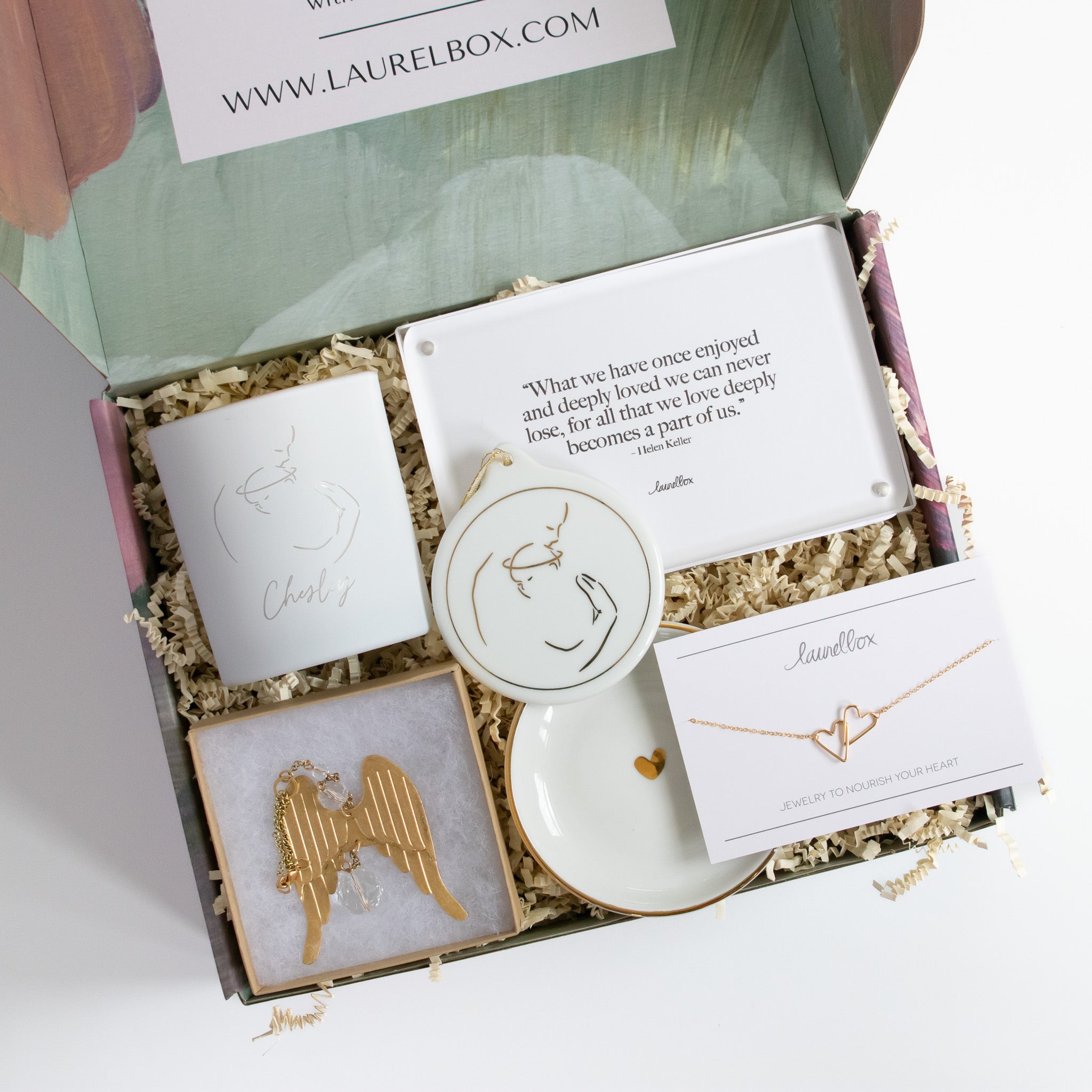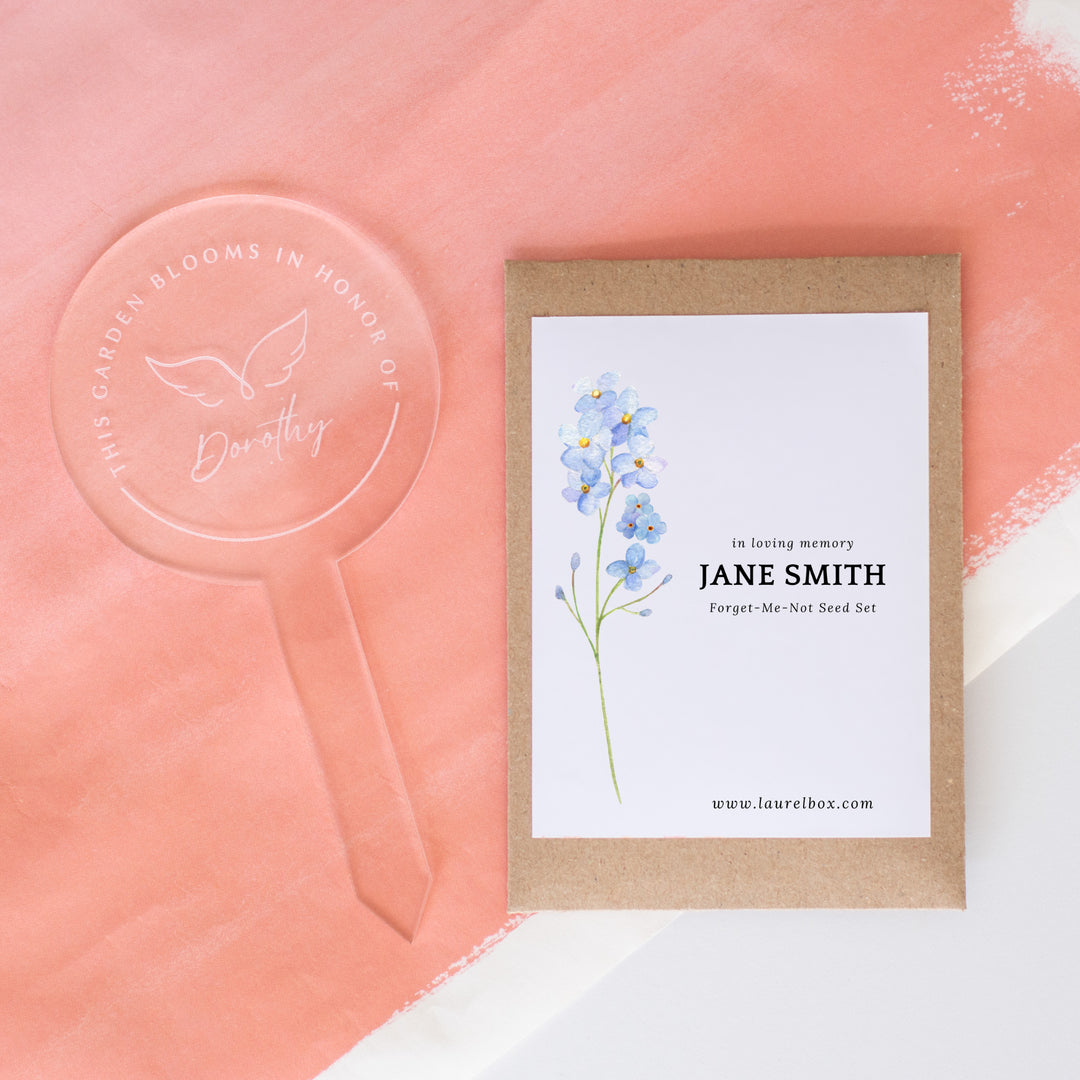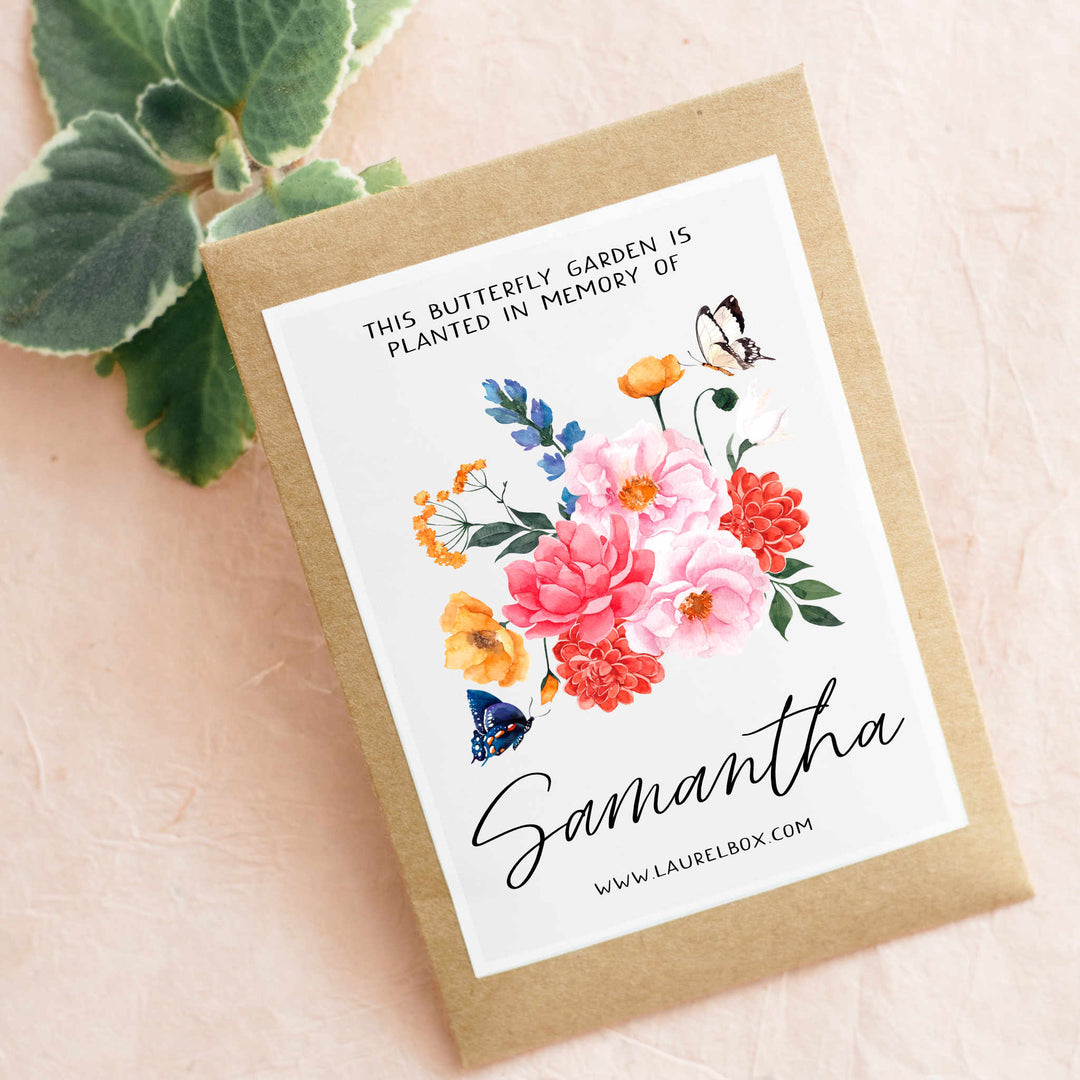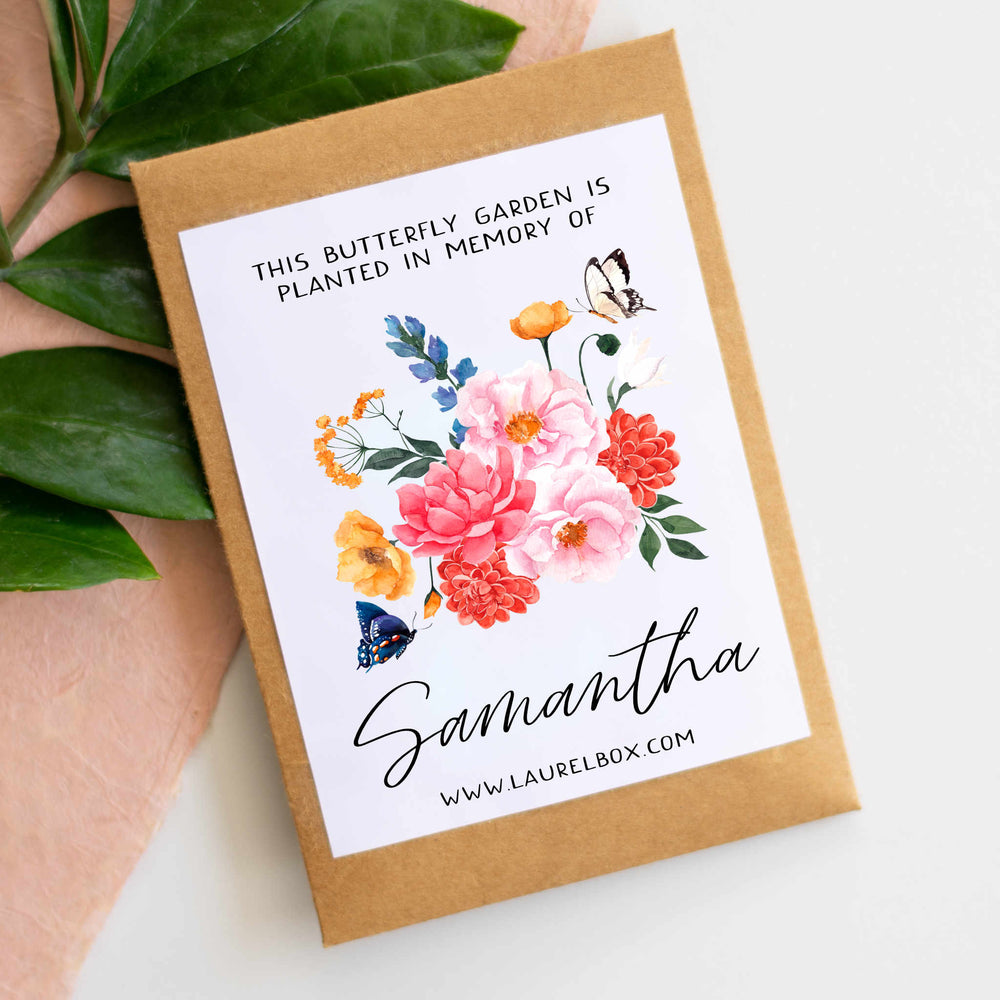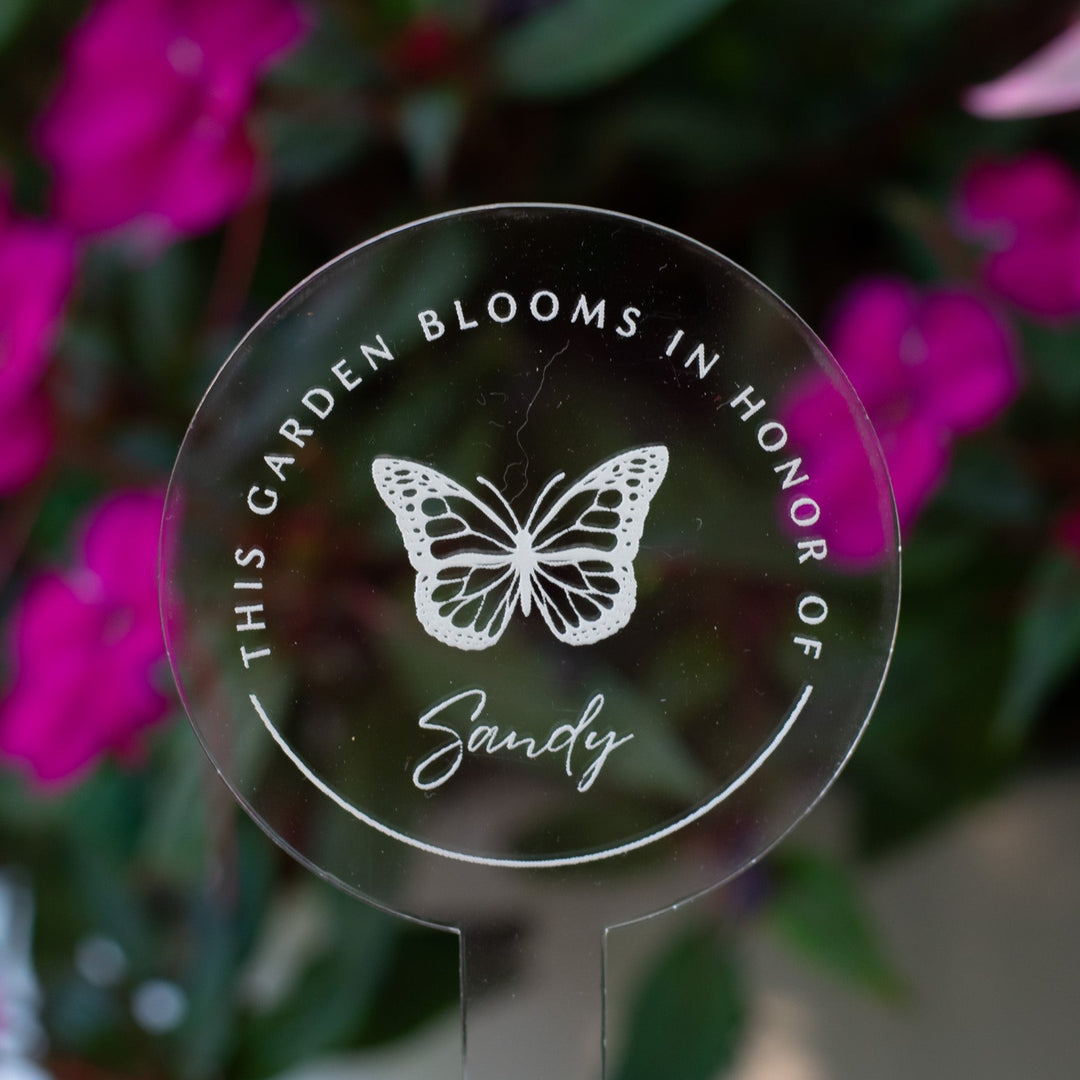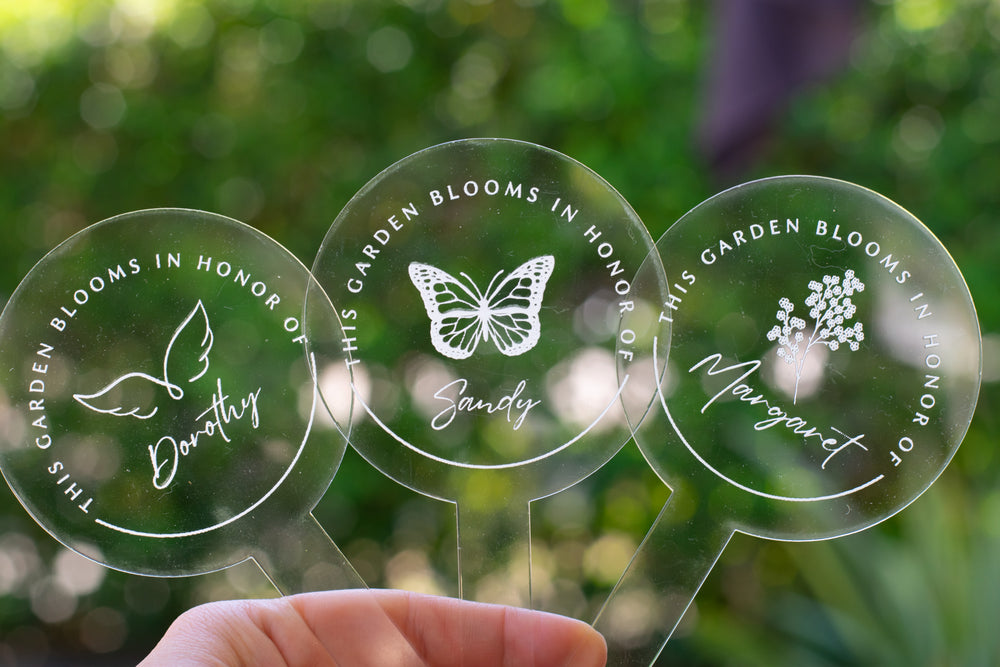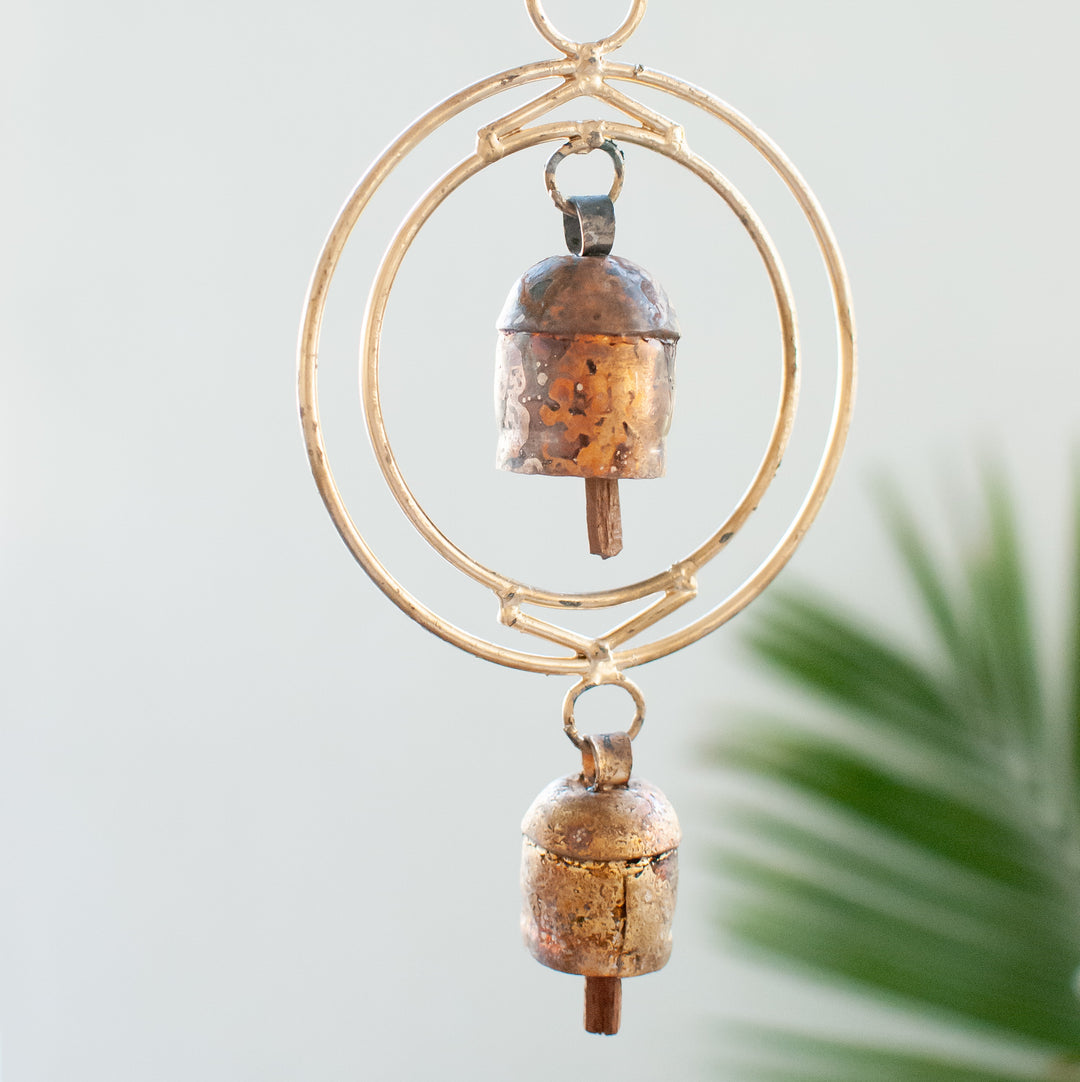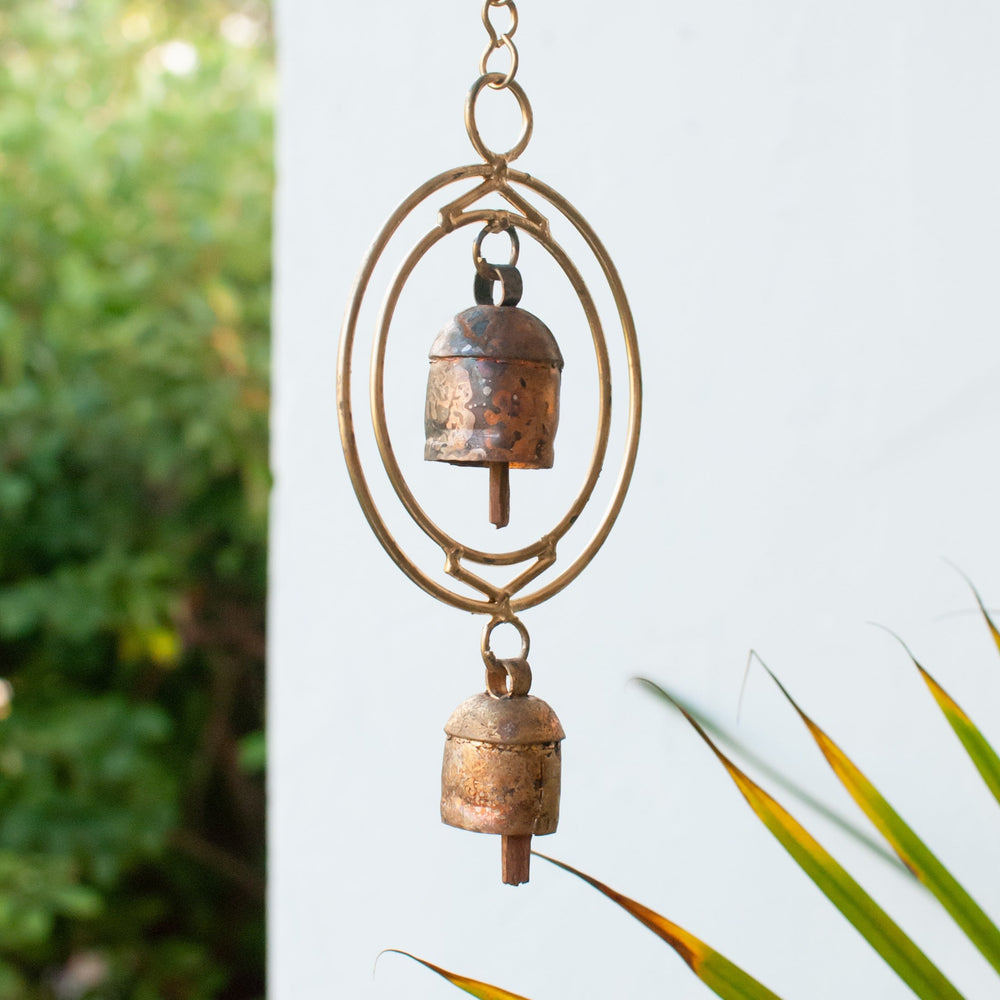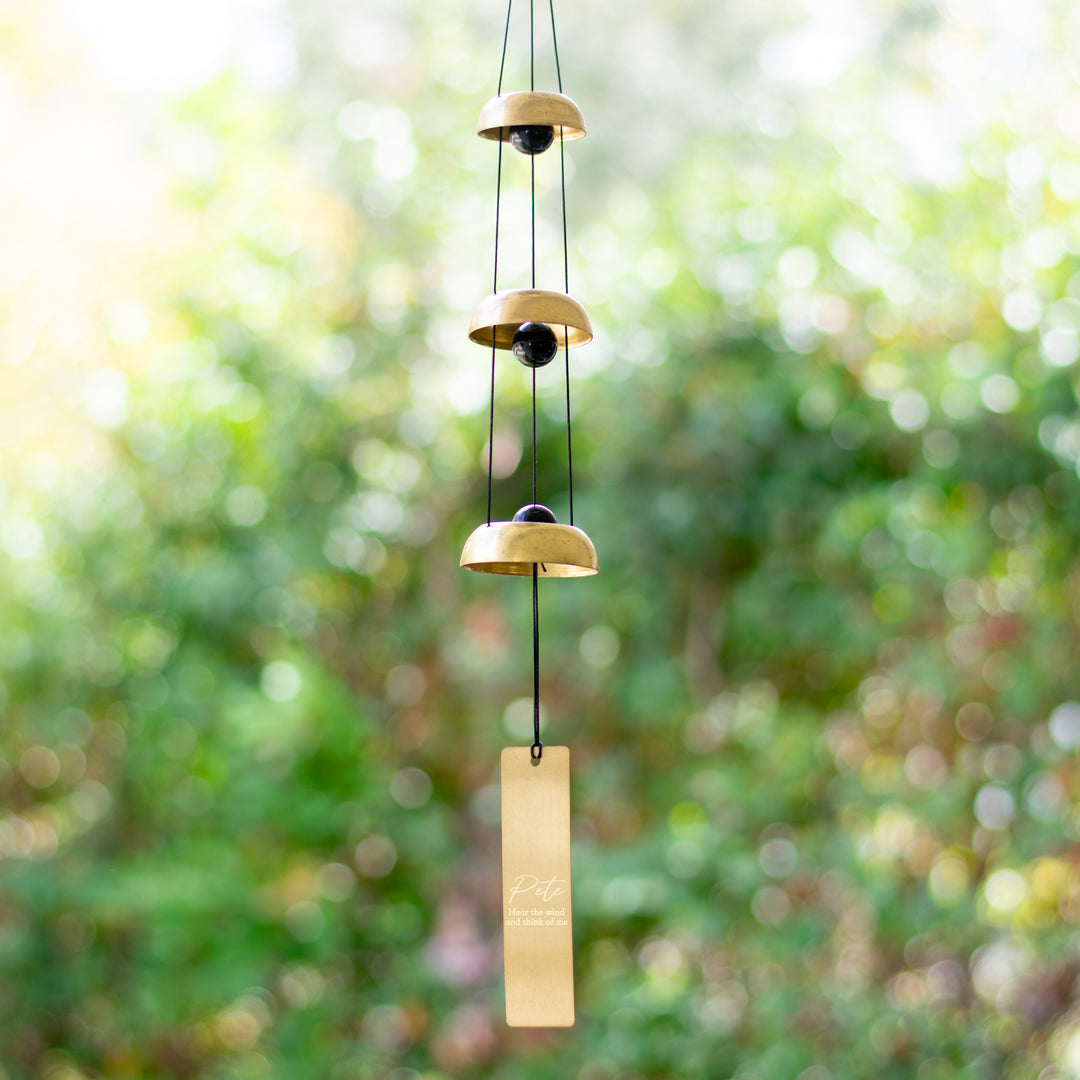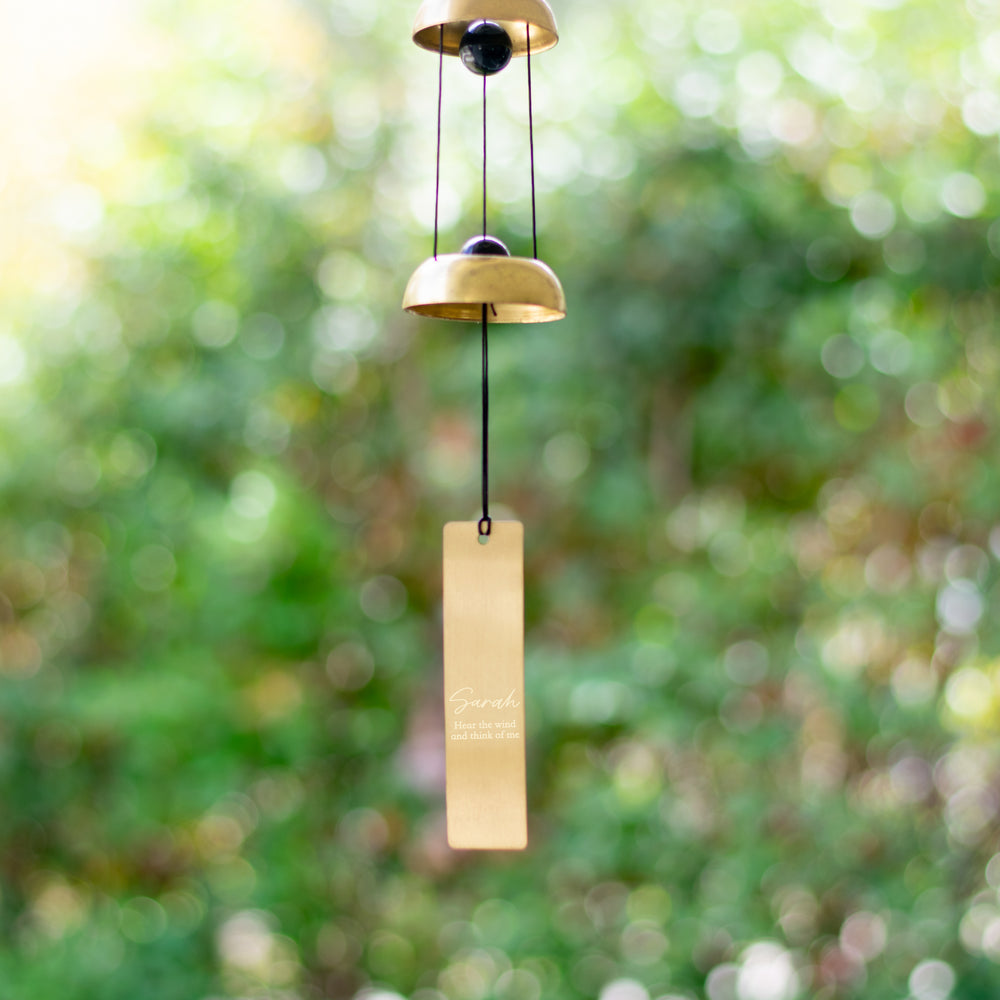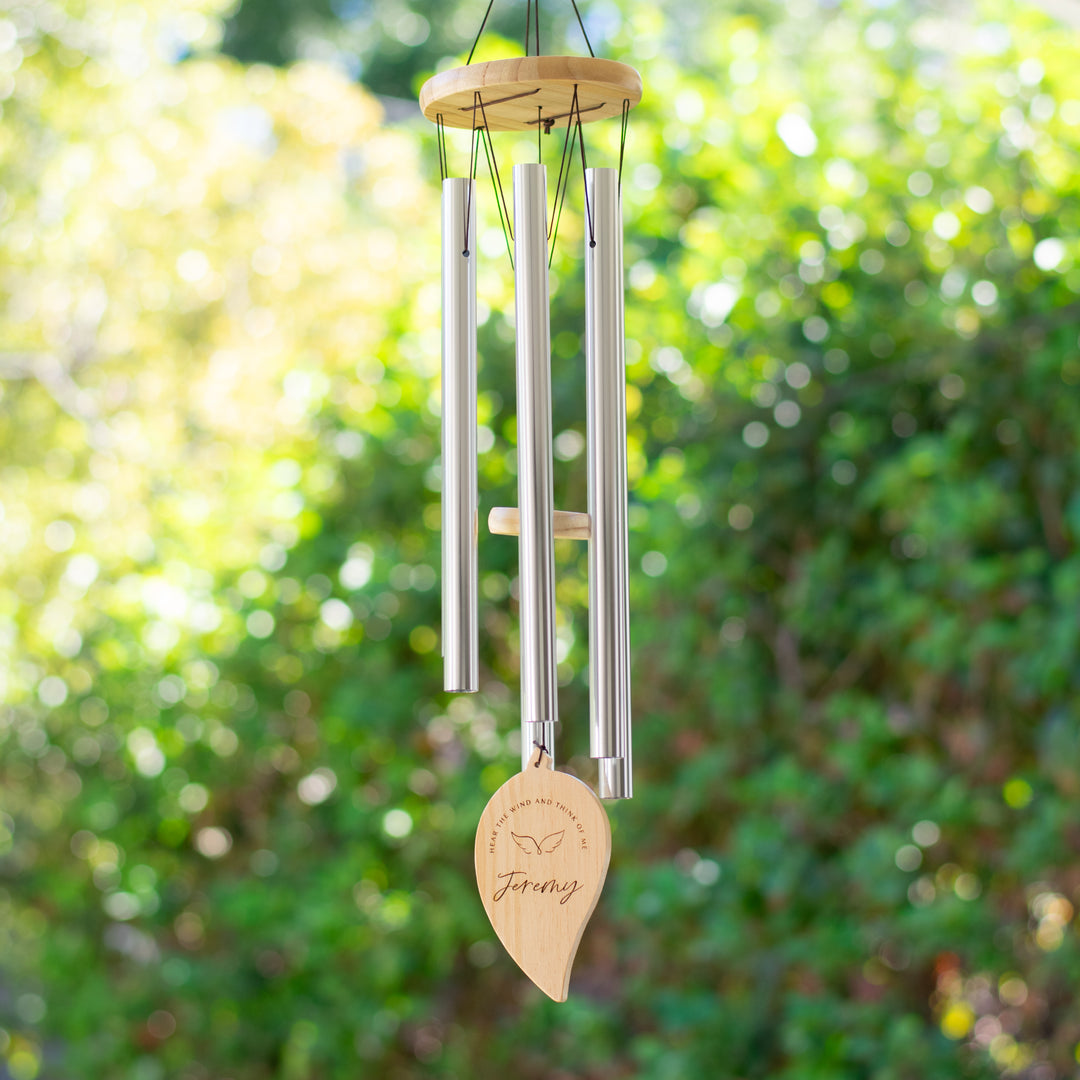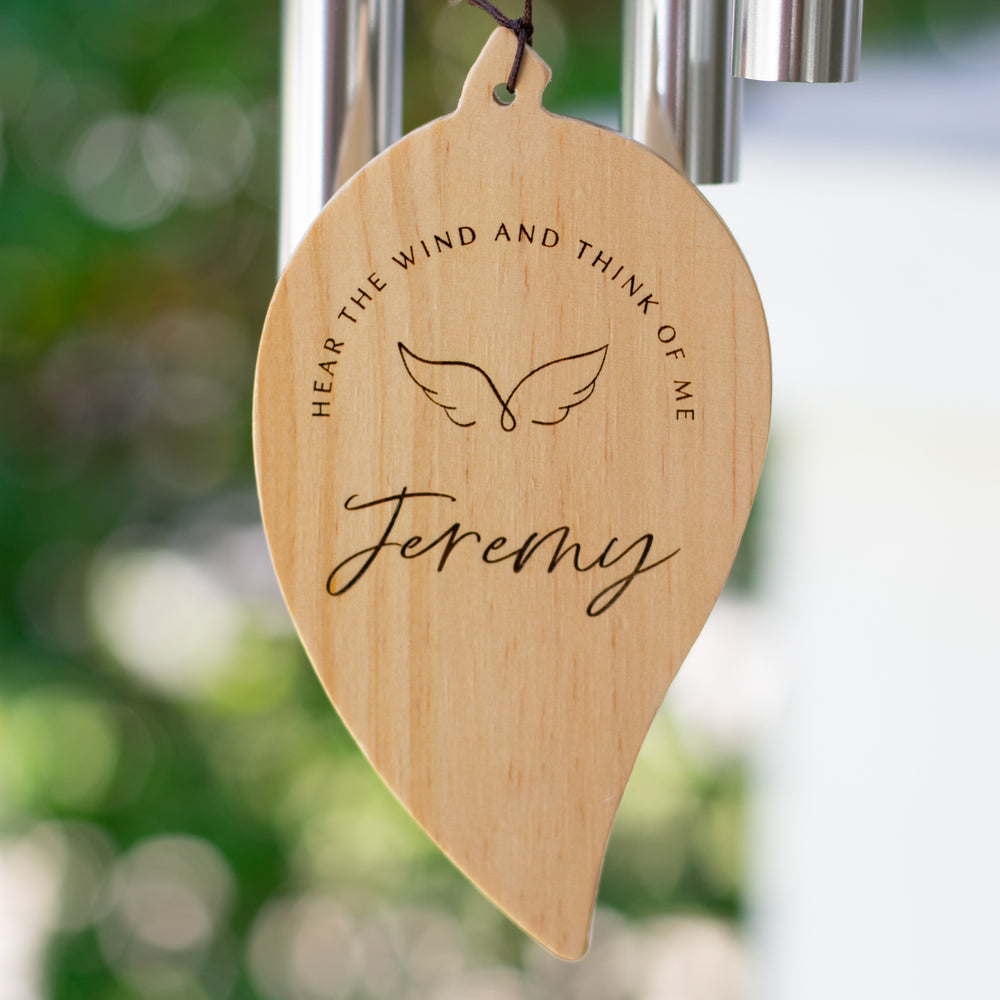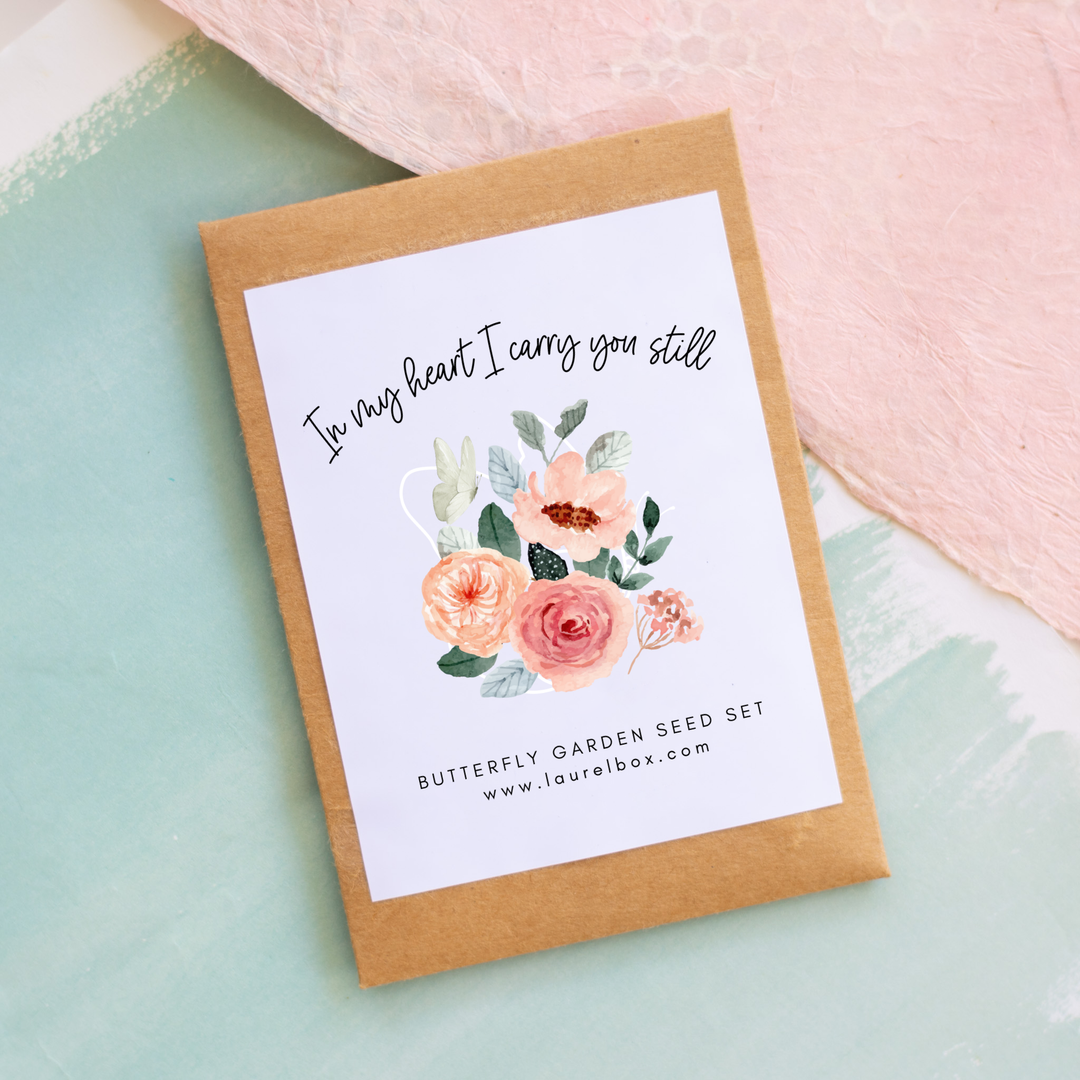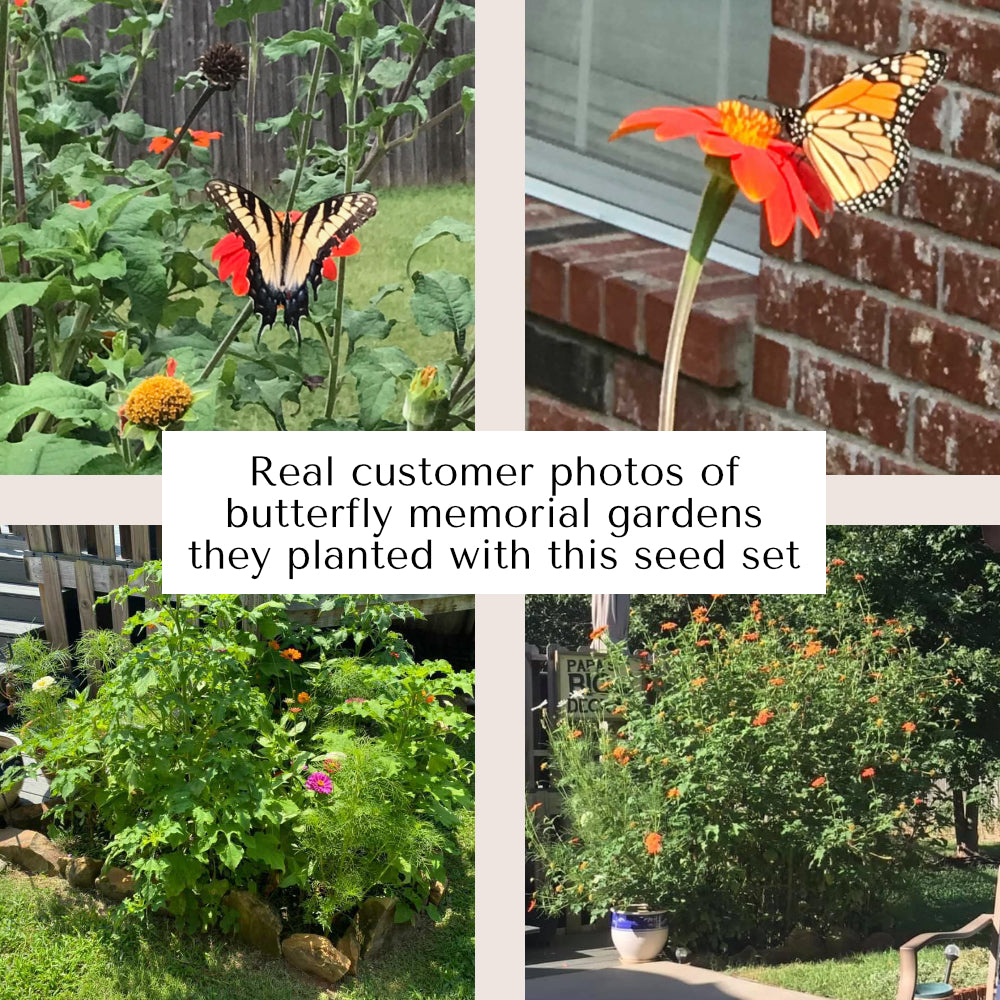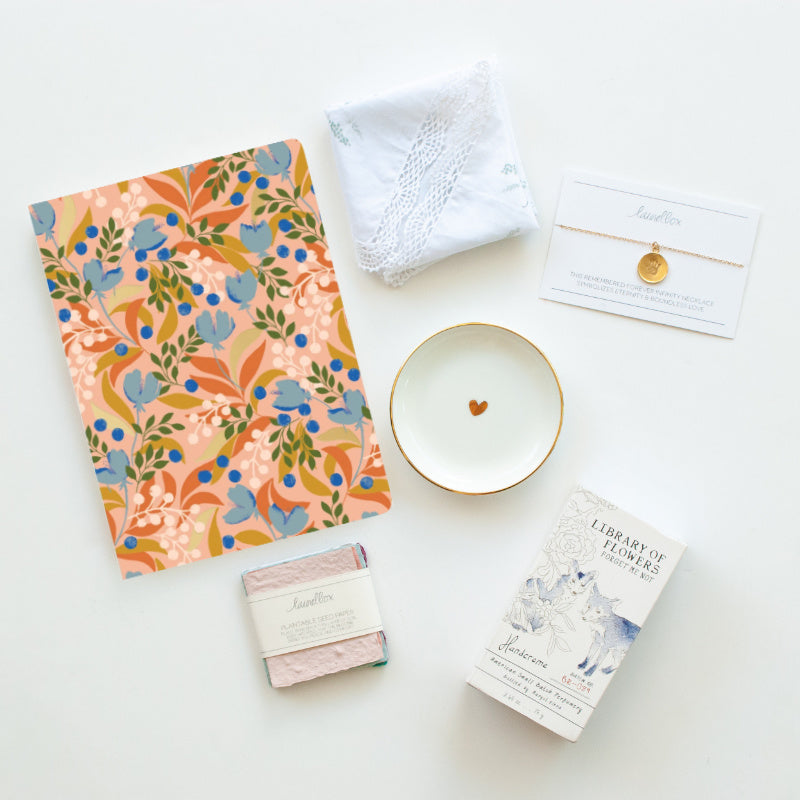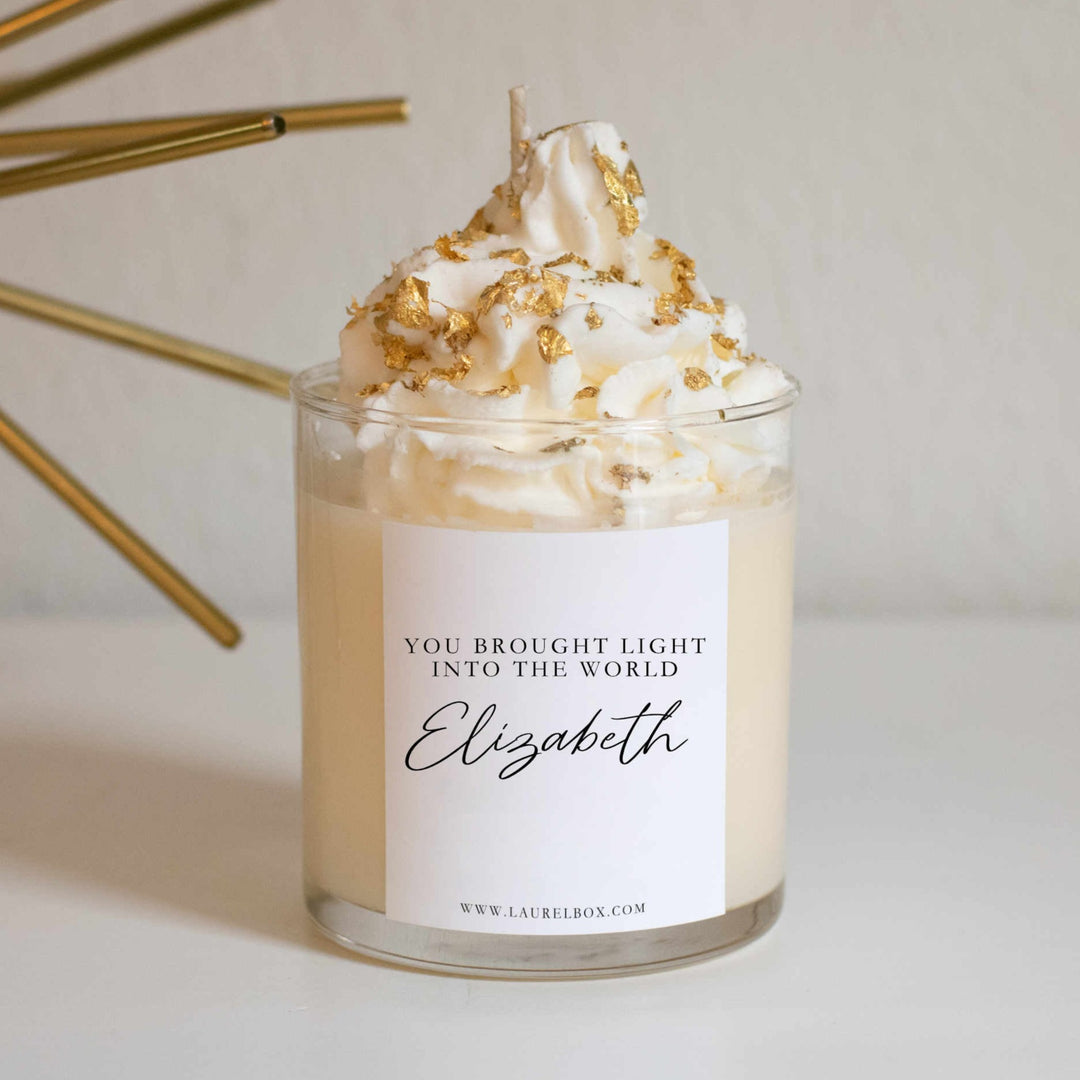
Gardening and Grief
Unless you’ve been living under a rock (or for this blog perhaps garden stone is more appropriate), you’ve probably heard about the various health benefits of gardening. In addition to physical and emotional perks that go along with growing plants and flowers, it can also help those individuals walking the hard path of grief. If you’ve read any of my other blogs that touch on grief gardening, you may remember my confession that I admit to being a black thumb. As much as I love and appreciate gorgeous gardens and flowering blooms, I can’t manage to keep them alive for extended periods of time. So as I sat down to write this blog, I decided to look back at photos from my one foray into growing a victory garden. I remember ordering the raised beds, selecting the plants and waiting anxiously to reap the bounty that I imagined would come. Spoiler alert, our “bounty” included approximately five cherry tomatoes and seven blackberries. But the deer ate their fill, so there’s that! What I didn’t realize was that I planted that garden just two months after we lost our second son Cooper at full term in March of 2016. Looking back it makes perfect sense that I would have felt compelled to attempt gardening during that season of sorrow. In this blog, I’ll share some ways creating a grief garden can be therapeutic as well as offer ideas to honor the legacy of a loved one in a garden setting.
Two months after we lost our son, I attempted to garden. While the garden itself didn’t last past a season or two, I know the act of gardening was helpful during my grief journey.

Understanding Grief and Its Challenges
Grief is like a devastating weather event. It can happen unexpectedly, like a tornado, and leave a path of destruction in its wake with little to no notice. It can also approach slowly, like a hurricane, where you have full notice of the impending doom, but can’t comprehend the devastation until it passes. When a grief event occurs, it can feel like it affects every area of your existence. Food doesn’t taste the same. Activities you once enjoyed bring no solace. Isolation feels preferable to crowds. Getting out of bed feels like a triumph in and of itself. If you aren’t familiar with the Kubler-Ross model, she describes grief as happening in five stages: denial, anger, bargaining, depression, acceptance. The stages can happen out of order and some people move through them at various paces but, in my grief experiences, I find these to be very accurate.
The Therapeutic Benefits of Gardening
Scientific research lists a myriad of health benefits of gardening. Just a sampling from the Mayo Clinic include:
- Increased exercise
- Improved diet
- Time in nature
- Reduced stress levels
- Social connection
Being part of the life cycle of plants can feel empowering. There is so much about death and loss that leaves us feeling powerless. Making a plan for grief that includes gardening can bring a sense of control, offering reassurance. This could be especially useful for children grieving a loss as well. My preschooler came home last week so excited about a seed she had planted in a cup. It looks just like a cup of dirt currently as it sits on our windowsill but you can bet she’s watching it intently for some green shoots to appear. For those little ones walking through grief, watching new life grow could bring joy and comfort.
Studies surrounding gardening for mental health are fascinating to me. When working in the soil, studies show cytokine levels rise, which activates serotonin, the “feel good” hormone. Basically, dirt makes you happy! One study showed daily gardening may help reduce the risk of dementia by 36%, because gardening stimulates the brain. There is no question, gardening is good for the soul and the body.

Creating a Healing Garden Space
Better Homes & Gardens offers 10 easy steps for beginners starting a garden. They include things like choosing what to plant, picking the right spot and the best times to water. Even if you don’t have a large yard, the same applies for a potted garden on a small balcony or indoor area.
When you consider what to plant, there are some specific plants for grief that you might pick. Laurelbox offers the Forget-Me-Not garden gift box that is a perfect way to start a grief garden. Did your loved one always stop to smell the roses? Pick their favorite colors and get planting. Maybe they grew their own mint for mint tea? An herb garden might be just right for you. My late grandmother always had hostas growing outside her door so anytime I see hostas, I think of her. Find ways to incorporate memories and emotions in your grief garden.
Adding Special Remembrances to Your Garden
As you plan out your garden or green space, look for intentional ways to incorporate special remembrances as a way to honor your loved one. Remembrance plaques, engraved stones, memorial benches, personalized wind chimes, and markers can all serve as tangible reminders of cherished memories.
memorial garden gifts
Even if you already have a garden or potted area, you can dedicate an area of it to honor loved ones. One idea would be a memorial bench - I personally love the benches Grandin Road sells - that you could add a small engraved plaque to. Then choose a customized wind chime and butterfly garden gift box and you have a perfect spot to sip tea while getting some Vitamin D and letting memories wash over you.
Conclusion
I hope this gardening and grief blog has been helpful to you and gives you the motivation to design and plan your own memorial garden, big or small. The grieving process is unpredictable. Incorporating rhythms of peace and normalcy in your daily routine can be so therapeutic and helpful. The simple act of watering plants can bring a moment of purpose to an otherwise depressing day. When we lose a loved one, we often worry their memory will slip away week by week. Creating a grief garden as a way to memorialize them and maintain their memory is a great way to honor their life. I’ll end with this beautiful quote that made me smile, “Like scattered seeds, memories bloom forever.”
LANNA BRITT
Lanna Britt was a national news producer in Washington DC for nearly a decade covering politics, breaking news and current events. She now lives with her husband and three children in Richmond VA. She has two sweet babies she’ll meet again in heaven.



